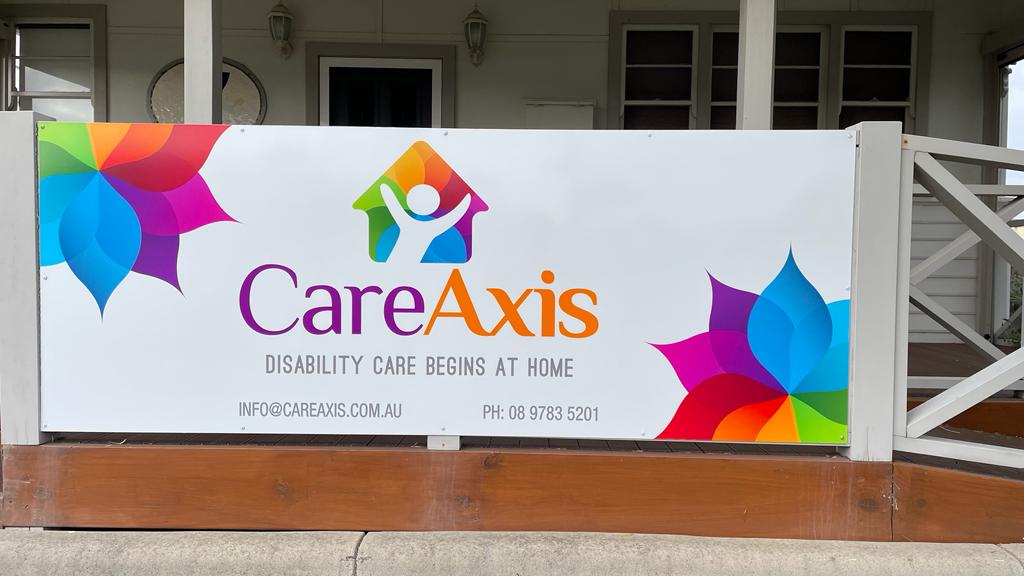
NDIS Support Services for Individual With ASD in Bunbury, Australia
Autism Spectrum Disorder (ASD) is a developmental condition that affects a person's social interaction, communication skills, and sensory processing. It's important to understand that ASD exists on a spectrum, meaning individuals experience these challenges in varying degrees. While there's no cure for ASD, there are a range of support services available to empower individuals with ASD to reach their full potential. This article will explore how the National Disability Insurance Scheme (NDIS) can play a crucial role in providing this essential support.
Challenges Faced by Individuals with ASD
People with ASD may experience a variety of challenges depending on their specific needs. Some common areas include:
- Social Interaction: Difficulty understanding social cues, initiating conversations, or maintaining friendships.
- Communication: Challenges with verbal and nonverbal communication, including expressing needs clearly or interpreting gestures.
- Sensory Processing: Difficulty processing sensory information from sight, sound, touch, taste, and smell. This can lead to sensory overload in overwhelming environments.
These challenges can be frustrating and isolating for individuals with ASD, and can also cause stress for families and caregivers. It's important to remember that these are not behavioral problems, but rather the result of the way the brain functions in ASD.
The NDIS: Supporting Individuals with ASD on Their Journey
The National Disability Insurance Scheme (NDIS) is a government-funded program in Australia that provides support to individuals with disabilities, including those with ASD. The NDIS focuses on individual needs and goals, ensuring each participant receives the right support to live a fulfilling life. Here's how NDIS can empower individuals with ASD:
- Early Intervention Programs: For children diagnosed with ASD, early intervention is crucial. NDIS can fund programs that address specific needs and help develop essential skills at a young age.
- Therapy Services: Speech, occupational, and other therapists can work with individuals with ASD to improve communication, motor skills, sensory processing, and social interaction.
- Support Workers: NDIS-funded support workers can provide assistance with daily living activities, social participation in the community, or employment opportunities, depending on individual needs.
- Assistive Technology: Technology can be a powerful tool for individuals with ASD. NDIS funding can cover specialized software, communication devices, or other tools that can enhance independence and participation.
- Social Skills Development Programs: These programs can help individuals with ASD learn social cues, build friendships, and develop healthy relationships.
Individualized Support: Building a Strong Foundation
One of the key strengths of the NDIS is its focus on individualized support. Unlike a one-size-fits-all approach, NDIS funding allows for the creation of personalized plans that address the specific needs and goals of each participant with ASD. This collaborative process involves the individual with ASD, their family or carers, and NDIS service providers.
Here's how this collaboration fosters success:
- Understanding Individual Needs: A thorough assessment helps identify the unique challenges and strengths of the individual.
- Goal Setting: Together, they can set realistic and achievable goals that reflect the individual's aspirations.
- Choosing the Right Supports: Based on the goals, the plan can include a combination of support services like therapy, assistive technology, or social skills programs.
Finding the Right Support Team: Partnering for Success
Having a qualified and experienced support team is essential for implementing the NDIS plan effectively. Look for providers who specialize in working with individuals with ASD and have a proven track record of success.
Here are some tips for choosing an NDIS provider:
- Research and compare providers: Look for organizations with a strong reputation and experience working with ASD.
- Read testimonials: Reviews from other families or individuals with ASD can be helpful in understanding a provider's approach.
- Consider qualifications: Ensure the support workers have the necessary skills and training to meet the specific needs of the individual.
For example, CareAxis, a registered NDIS provider in Southwest Bunbury, offers a variety of support services specifically designed to empower individuals with ASD. Their team of qualified professionals can work collaboratively with you to develop a personalized NDIS plan and provide the ongoing support needed to achieve your goals.
